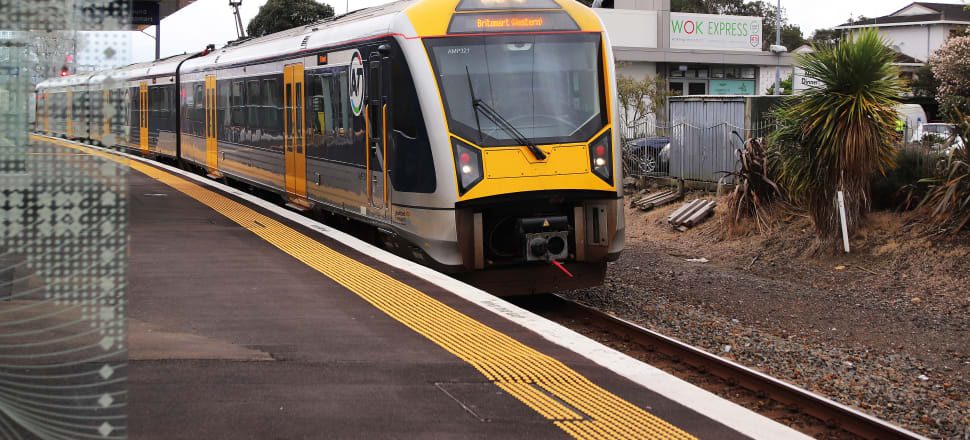
The move to incentivise employers to pay for workers' public transport commutes helps to counterbalance existing exemptions for car parks and utes, Marc Daalder reports
More than two years after it stalled in the Labour-NZ First-Greens government, a proposal to exempt public transport vouchers from fringe benefit tax will finally be implemented.
As it stands, businesses can provide double cab utes or company car parks to employees without having to pay either income tax or fringe benefit tax on those perks, but climate-friendly rewards like electric company vehicles or public transport vouchers are still taxed.
The electric vehicle question has been left unresolved by Tuesday's announcement, but Revenue Minister David Parker said legislation introduced to Parliament will provide an exemption from tax when fares for commutes are subsidised by an employer.
Fringe benefit tax is meant to ensure perks aren't used in lieu of salary increases to sidestep income tax. Any non-salary perks are taxed at an even heftier fringe benefit rate.
However, the law has a range of exemptions, including for perks that are only used in the course of work. So-called work-related vehicles are fully free from fringe benefit tax, as long as they aren't used for any personal reason (not even commuting). Vans, trucks and double cab utes are all potential work-related vehicles because they're "mainly designed to carry goods or goods and passengers equally".
To be fully exempt from fringe benefit tax, a work-related vehicle also has to carry company branding.
While the law is still intended to apply tax to company-branded utes if they're used for any non-work purpose, non-compliance is anecdotally extremely widespread. This loophole sees sole traders and big firms alike purchasing high-emitting double cab utes with no intention of paying any tax beyond GST on the vehicle.

Employer-provided car parks are also exempt from fringe benefit tax.
The implicit subsidy for high-emitting transport modes has long rankled environmental advocates, who say they want to see similar concessions for green transport and and end to the ute subsidy.
Parker's move on Monday takes one step in that direction, exempting public transport from fringe benefit tax more than two years after the policy was first considered.
"Many employers already subsidise the commuting costs of their staff, for instance by commuting to work by car and employer-provided car parks," the tax minister said.
"We can help to achieve a more neutral FBT outcome by including the option of the more environmentally-friendly mode of public transport. This was a recommendation of the Tax Working Group."
Green Party MP Julie Anne Genter was an associate minister of transport in the last government, when this policy and a proposal to exempt electric vehicles from fringe benefit tax first went to ministers.
"Virtually no employers were providing public transport passes, even if it made sense, because fringe benefit was seen as a barrier. So there's no real cost to government of doing this, it just finally levels the playing field," she said.
"It's really useful from an organisation transport planning point of view. I used to do travel plans for organisations before I was a politician and fringe benefit tax we identified early on as a big barrier to large employers doing travel planning to provide incentives for people to get into work in more sustainable ways."
Genter also pushed Parker to take a look at the ute loophole. A bill she wrote that has yet to be selected from the members' ballot would not only exempt public transport, but also electric vehicles and e-bikes. It would also clarify that double cab utes are subject to the same fringe benefit tax requirements as all other vehicles.
"IRD have told us that there is no exemption for double cab utes, that they would be treated the same. But, certainly, accountants have told us that they provide advice to businesses that double cab utes don't need to pay fringe benefit tax in quite the same way," Genter said.
A spokesperson for Parker said the treatment of utes wasn't considered during the development of the fringe benefit tax policy changes.







